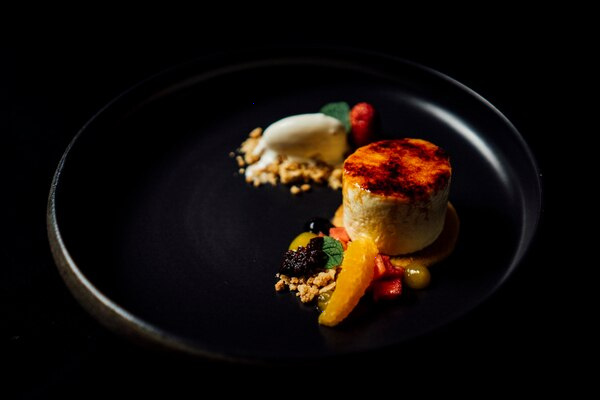Exploring Culinary Traditions: A Journey Through British Cuisine
British cuisine, often characterized by its hearty and straightforward dishes, has a rich history that reflects the country's diverse cultural influences and its changing times. While it may not have always been in the global culinary spotlight, British food is cherished for its comfort, variety, and deep connections to tradition and regionality.
Historically, British cuisine has been shaped by its geography, historical events, and trade. The island nation benefited from the bounty of the sea, fertile land for agriculture, and access to game, which became staples in traditional British meals. The Roman and Norman conquests introduced new foods and cooking techniques, while the expansion of the British Empire brought exotic spices, tea, and ingredients that enriched British cooking.

One cannot talk about British cuisine without mentioning the classic Sunday roast. Often considered a cornerstone of British dining, this meal typically consists of roasted meat such as beef, lamb, pork, or chicken, served with roast potatoes, Yorkshire pudding, and a variety of vegetables, all drenched in savory gravy. This dish reflects the communal aspect of British eating, where families gather around the table to share a hearty meal.
British pub culture also plays a significant role in its culinary landscape, offering comfort foods like fish and chips, bangers and mash, and shepherd's pie. Fish and chips, with its crispy battered fish and chunky fries, has become synonymous with British food, enjoyed by locals and tourists alike, often with a side of mushy peas.
British baking has a storied tradition, with desserts like lemon drizzle cake, Victoria sponge, and bread and butter pudding showcasing the country’s love for sweets and mastery of baking. Afternoon tea, a quintessential British experience, combines the art of baking with the ritual of enjoying tea. Delicate sandwiches, scones with clotted cream and jam, and a selection of cakes and pastries are served alongside fine teas, reflecting both refinement and hospitality.
Regional variations add to the diversity of British cuisine. In Scotland, haggis, neeps, and tatties are celebrated national dishes, while Wales offers specialties like Welsh rarebit and bara brith. Cornish pasties, originating from Cornwall, are hand-held, hearty pastry parcels filled with meat and vegetables, perfect for an on-the-go meal.
Modern British cuisine has evolved with influences from immigration and globalization, resulting in a vibrant multicultural food scene. Cities like London boast an array of international restaurants offering everything from Indian curries to Chinese dim sum, showcasing the integration of global tastes into the national palate.
Today, British chefs like Jamie Oliver, Gordon Ramsay, and Nigella Lawson have gained international acclaim, championing both traditional dishes and innovative new creations. The rise of farmers' markets and farm-to-table dining highlights a return to local, sustainable sources, strengthening the connection between the land and the plate.
In conclusion, British cuisine offers a unique journey through a mosaic of flavors and traditions. From its time-honored classics to its contemporary innovations, the culinary landscape of Britain continues to thrive, inviting both locals and visitors to savor its manifold tastes. Each meal is a piece of the nation's history, reflecting its past while embracing the future.